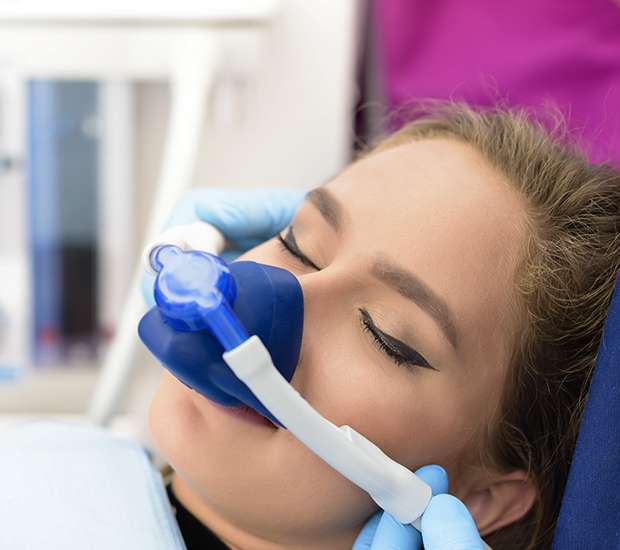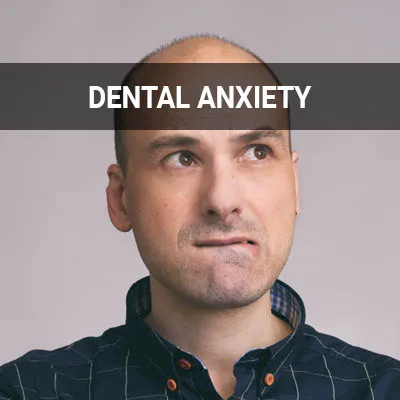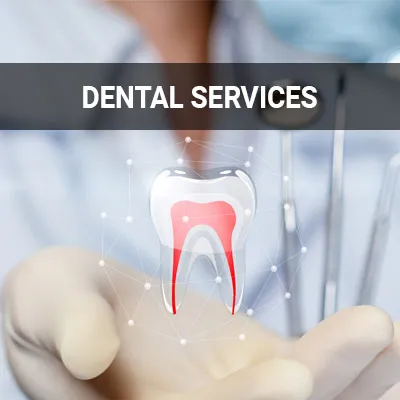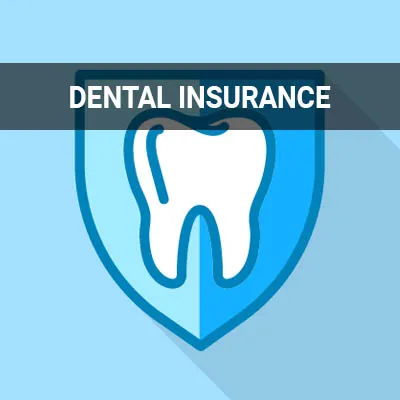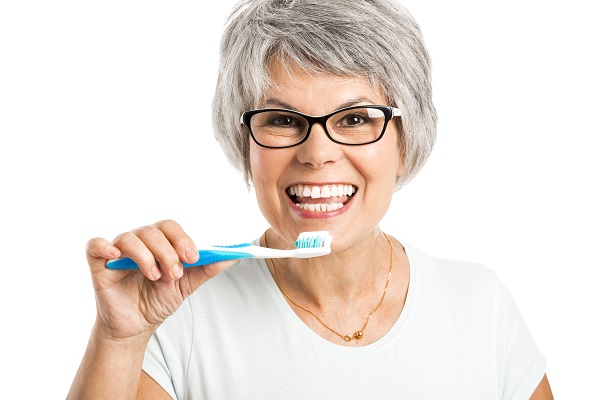Sedation Dentist Atlanta, GA
Modern dentistry offers a variety of techniques to help patients stay comfortable during dental procedures. Learning more about these techniques can ease patients' concerns about the procedures they need. A sedation dentist uses medication to provide patients with a safe and comfortable dental care experience. Sedation can make necessary dental procedures much easier and is one of several options available to manage pain and anxiety at the dentist's office.
A sedation dentist is available at Dr. Charles Arp, DDS & Dr. Smriti Bajaj, DMD in Atlanta and the surrounding area. If you need dental work but feel anxious about what it entails, discuss how sedation can address your concerns. A qualified dentist can inform you about various options and make recommendations based on your concerns and medical history. Call us at (404) 682-2887 to schedule an appointment.
How Sedation Dentistry Works
As a sedation dentist, we administer nitrous oxide to help patients relax during the treatment. Sedation has the added effect of reducing patient anxiety and their overall awareness of the procedure. In fact, most patients will remember little to no details about the procedure when under the influence of sedation.
WebMD explains that sedation for dental procedures can be mild, moderate, or deep. With mild sedation, most patients remain fairly alert but feel relaxed. Moderate sedation induces a deeper state of relaxation; patients undergoing it may not remember much of the procedure. Patients under deep sedation are still conscious but become drowsy and detached from their surroundings.
“A sedation dentist administers medicine that helps patients relax during the procedure.”
Treatments That Require Sedation
There are several types of medications potentially used in dental sedation. We offer minimal sedation in the form of nitrous oxide gas patients receive through a mask. This type of sedation wears off quickly. Local anesthesia is typically administered for minor restorative procedures such as cavity fillings, tooth extractions, root canal treatments, dental crown placement, and scaling and root planing.
“We offer minimal sedation in the form of nitrous oxide gas patients receive through a mask.”
Benefits of Sedation Dentistry
In a study published by the Journal of Dental Hygiene, 19% of the 308 study participants suffered from moderate to high dental anxiety. A sizable part of this group even reported missing appointments because of dental fear. Sedation is one of the effective ways dentists have found to help patients get the care they need. Patients who have been avoiding necessary dental work due to anxiety can find sedation very helpful.
In addition to patients who suffer from nervousness, candidates for sedation may include those who have difficulty sitting for a long time. Some dental procedures necessitate remaining in the chair for a long time with minimal movement. Various physical and mental conditions can make this extremely difficult for some. Other issues where sedation can help include a strong gag reflex or a low pain threshold.
“Sedation is one of the effective ways dentists have found to help patients get the care they need.”
Check out what others are saying about our dental services on Yelp: Sedation Dentist in Atlanta, GA
Preparing for a Sedation Procedure
Sedation can help patients get through most types of dental procedures. Preparation is key to making things go smoothly. Taking the following steps can help patients get the dental care they need with minimal pain and anxiety:
- Review medical history, including allergies and medications: Some medical conditions or medications may interact negatively with some sedation components. It is important for the dentist to have all relevant information in order to administer sedation properly.
- Go over the information with the sedation dentist: A sedation dentist typically provides detailed instructions on how to prepare for a procedure under sedation and what to do afterward. It is important to follow these recommendations correctly for optimal comfort and safety. Be sure to ask questions if any instructions are unclear.
- Make arrangements for getting home: Patients undergoing sedation may want to consider arranging a ride home after the procedure. With certain types, it may be safe for the patient to go home on their own shortly after the procedure. The California Dental Association notes that the mild effects of nitrous oxide typically last for about 15 minutes after the procedure.
“Preparation is key to making things go smoothly.”
Questions Answered on This Page
Q. How does sedation dentistry work?
Q. What types of dental procedures require sedation?
Q. Who can benefit from sedation?
Q. How can I prepare for a sedation procedure?
People Also Ask
Q. How can I cope with dental anxiety?
Frequently Asked Questions
Q. Which procedures can a sedation dentist help with?
A. Sedation can help with most dental procedures, including fillings. Based on the length of the procedure and other factors, a dentist can recommend an optimal approach for individual patients. Even routine procedures can cause anxiety for some, so sedation is a great option for allaying it.
Q. Can I eat or drink before my appointment with a sedation dentist?
A. Generally, dentists recommend avoiding solid foods and any dairy for at least six hours before the appointment. One should stop drinking liquids at least two hours prior to the procedure. However, the instructions for a specific patient may differ based on the type of sedation and other factors, so it is important to ask the dentist.
Q. Are there any side effects of sedation dentistry?
A. Dentists determine the optimally safe dosage and type of sedation for each patient. There are typically no lasting side effects. However, patients may feel dizzy, drowsy, or nauseous for up to four hours after the procedure. These effects can vary.
Q. What should I wear to a sedation dentistry appointment?
A. It is advisable to wear loose, comfortable clothing. Dressing in layers can help patients stay warm, as body temperature can drop under sedation. Dentists recommend avoiding large amounts of accessories.
Q. Can I take my regular medications before and after a sedation dentistry procedure?
A. In most cases, one should take medications as usual. It is important to let the dentist know about all medications you take. The dentist can then let you know if any changes are necessary on the day of the procedure.
Quality Dental Services Can Transform Your Smile
By visiting us as soon as possible, our team can help get you the professional treatment you need. Instead of waiting around and allowing the symptoms to get worse, we can provide you with treatment options.
Dental Terminology
Consult a Dentist About Sedation During Procedures
Sedation dentistry offers a way to get necessary dental care without fear or anxiety. Talk to a dentist about sedation options today. Call us at 404-682-2887 to schedule a visit.
Helpful Related Links
- American Dental Association (ADA). Glossary of Dental Clinical Terms. 2021
- American Academy of Cosmetic Dentistry® (AACD). Home Page. 2021
- WebMD. WebMD’s Oral Care Guide. 2021
About our business and website security
- Dr. Charles Arp, DDS & Dr. Smriti Bajaj, DMD was established in 1972.
- We accept the following payment methods: American Express, Cash, Check, Discover, MasterCard, and Visa
- We serve patients from the following counties: Fulton County
- We serve patients from the following cities: Atlanta, Sandy Springs, Smyrna, Brookhaven, and Druid Hills
- National Provider Identifier Database (1437368826). View NPI Registry Information
- Healthgrades. View Background Information and Reviews
- Norton Safe Web. View Details
- Trend Micro Site Safety Center. View Details
Back to top of Sedation Dentist
